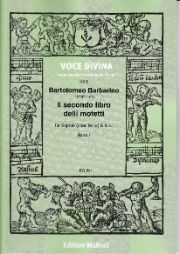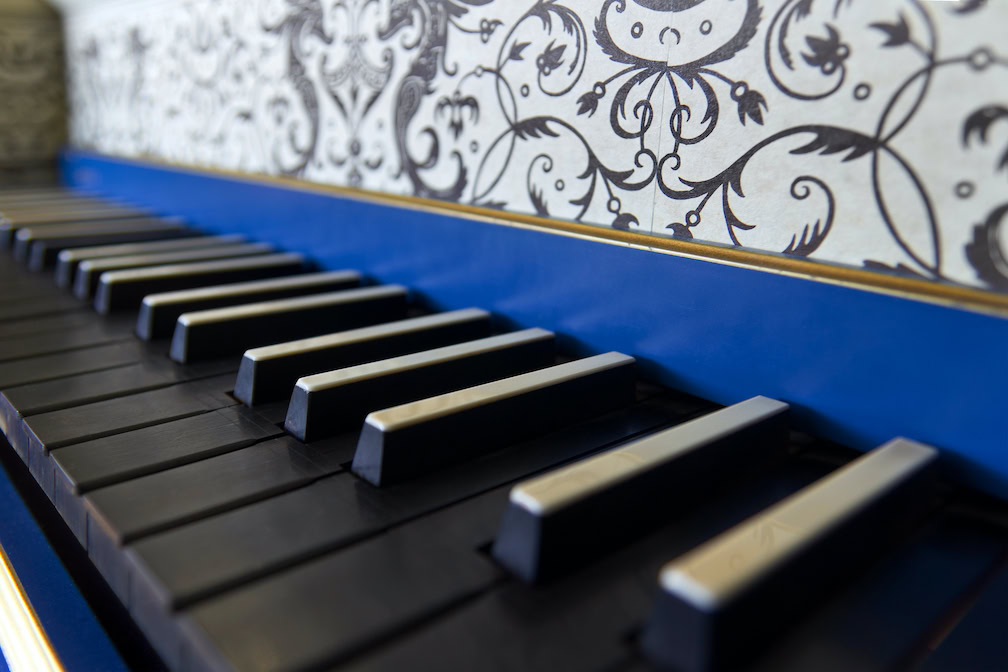Thanks to the inexperienced singers
Barbarino's book of motets provides rare insights into performance practice at the beginning of the 17th century.

Bartolomeo Barbarino, whose exact life dates are not known, created sacred and secular vocal music at the transition from the 16th to the 17th century. The new edition of his motets published by Edition Walhall is an exceptional document of great interest to music history.
Barbarino was active both as a singer (he described his own voice as "hoarse and thin") and as a composer and was very fond of the innovations of recitar cantando, following Caccini.
In 1614 his Secondo libro delli motetti da cantarsi a una voce sola o in soprano o in tenore in Venice. In a dedication letter, Barbarino complains about singers who have "no experience in using the passages", and so he offers his monodies in two versions: simple and ornate. Each motet in the Secondo libro appears in two versions, worked out in detail by the composer himself. This special editorial feature gives us a concrete idea of how a melody was ornamented. Another special feature is the complete absence of any figuring of the basso continuo.
Barbarino always seeks an expressive interpretation of the text with his music, which he tries to express with the help of elements of figure theory, Lombard rhythms and chromatic movements in order to emphasize the pathos of particular words such as fear, misery, languishing or sweetness.
Although the collection was originally intended for soprano or tenor, mezzo-sopranos and baritones can rejoice: the monodies are all medium-range, without any notable top notes and are easy to sing even in the ornaments for a middle voice. However, if you want to follow the ornamented versions, you need a fairly familiar throat. The simple and ornamented versions are printed directly on top of each other so that you can jump between the two versions.
Bartolomeo Barbarino, Il secondo libro delli motetti, for soprano (mezzo) or tenor [c'-f''] & b. c., in two volumes edited by Jolando Scarpa; vol. 1, EW 891; vol. 2, EW 894; € 28.50 each, Edition Walhall, Magdeburg 2013









